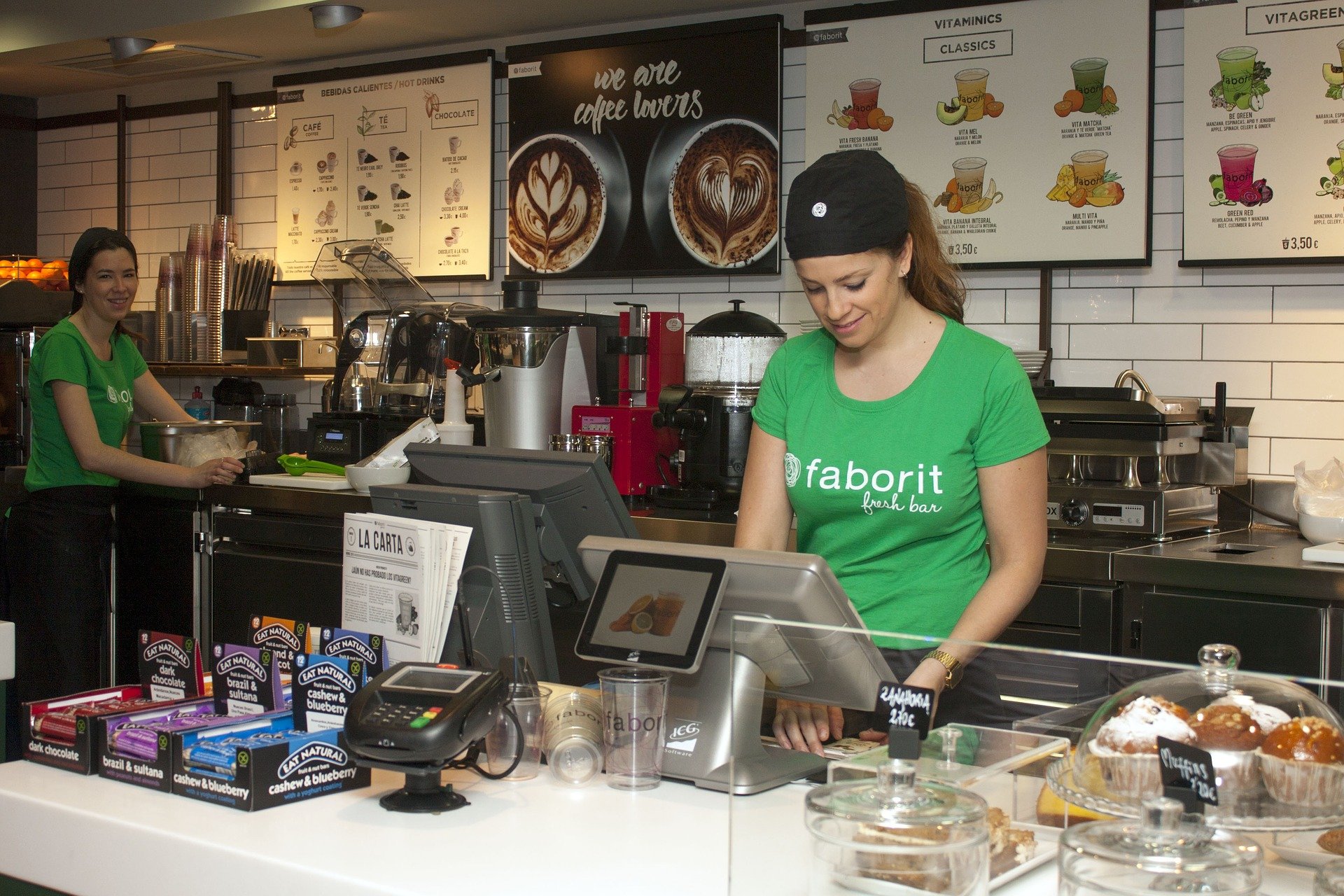
Franchising is not for the weak. It is a beautiful thing to see a franchise business launch and do well. However, few are ever prudent enough to take a moment and count the cost. The awe and excitement about the prospects of starting a franchise can easily overtake the necessary calm needed to properly analyze the business and lay a strong foundation upon which to build it. Important things are missed and hidden costs emerge slowing down or even compromising the plan altogether. Here are a few major things to consider when calculating the cost of a franchise business.
The Franchise Fees.
After deciding which business to franchise, the first thing to consider is the franchise fee. This is the initial fee and is a one-time payment made to the company one intends to franchise to use and make a profit off their brand. Franchise fees can run from at least $500 to hundreds of thousands of dollars depending on the brand, the industry, and the agreement reached between the franchisor and franchisee. The franchise fee also covers important things like training costs, management support marketing, and more. Without fully settling the franchise fee, it is impossible to start a franchise.
Travel Expenses.
Travel is a major thing to consider in franchising. Conventions and training will often require the franchisor to visit the headquarters often and those expenses are on him. There is also the cost of flights, food, and hotel accommodation. The franchisor may offer to relieve the franchisee of some of the bills, however, he is not required to do so. If he doesn’t offer, the franchisee should be prepared to do it all.
Purchasing Office Equipment.
Every workspace needs good working equipment but the cost varies depending on the kind of business model involved. An administrative office will need computers, laptops, and ergonomic desks, tables, and chairs. An espresso machine, ovens and toaster, and an industrial grinder are items to be factored into the cost of a coffee shop franchise while a production site will need machinery and production line equipment which can cost a lot.
Building and Construction of Store or Office Space.
Every business needs a space to operate from. After getting the franchise, the next thing to consider is getting a good workspace. If the business requires a particular kind of workspace design, building a structure is necessary. However, in most cases, a rented space that has been restructured and well renovated will do. Either way, building and construction costs will be incurred. There is also the cost of hiring a real estate agent, acquiring suitable office furniture, engaging the services of an interior decorator, and getting permits to use the building.
Advertising And Promotional Expenses.
Even though the franchise is most likely popular, the new business will need to advertise and promote itself to convince loyal customers that it operates to the standard of the main business and can provide the same quality products and services.
Conclusion.
There are so many layers to franchising and one can easily get lost in the mountain list of things to cover before starting. However, with proper research and consultation, a lot of hiccups and hidden costs can be avoided.